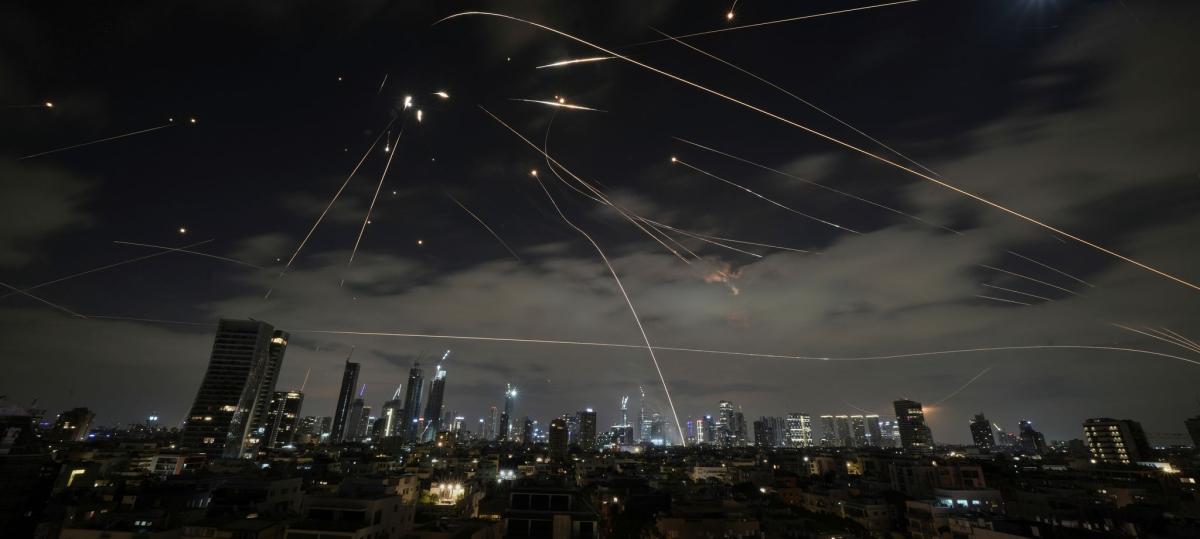In the absence of funds, the United Nations is revising its global humanitarian aid plan to sharply drop – Liberation

To face « The worst financial cuts that have ever struck the humanitarian sector », The United Nations announced on Monday, June 16, a drastic reduction in world aid on Monday, June 16. This measure, which will leave tens of millions of people in distress, is largely due to the sudden withdrawal of the United States from Several UN bodies – Announced in February by an executive decree, signed by Donald Trump.
The new plan of $ 29 billion, where the UN claimed 44 billion for 2025, must « Hyper-Prioriser » Aid for 114 million people, according to the press release disseminated by the UN Humanitarian Aid Coordination Agency (OCHA). The initial plan should help « 180 million vulnerable people ». According to the OCHA, the UN has managed to collect only $ 5.6 billion, out of the 44 billion initially claimed, or 13 % of the total. However, humanitarian crises are constantly increasing: Gaza,, Sudan,, Democratic Republic of Congo,, Burma,, Ukraine notably.
The whole global humanitarian sector was thrown into the turmoil by the decision of US President Donald Trump to end or review downwards financial aid abroad of the United States. Washington was until then the main donor In terms of development aid in all its forms and the brutal cuts of funding have dramatic consequences for emergency aid, vaccination or the distribution of drugs to combat AIDS. The American funds sometimes represented a significant part of the budgets of the UN agencies or of various NGOs. And these losses are impossible to compensate in a few weeks or even a few months.
The boss of The World Health Organization,, Tedros adhanom ghebreyesusamong many others, then denounced a decision that could cost millions of people. At the beginning of May, the World Food Program had thus sounded the alarm on the worsening of hunger in West and Central Africa. The United Nations agency had mentioned a « Unprecedented crisis » Due to the 40 % drop in its funding for the year 2025. In Bangladesh, it is the fight against tuberculosis and its eradication that have been called into question. In the largest camp of migrants and indigenous peoples in Colombia, in the desert of Guajira (northeast) of the country, only 3 out of 28 NGOs were still able to help in May.
« We were forced to sort out human survival »denounced Tom Fletcherthe UN humanitarian affairs chief. “The accounts are cruel, and the consequences are heartbreaking. Too many people will not receive the help they need, but we will save as many lives as possible with the resources given to us ”he promised.
To do « as much as possible » with much less, the UN wants to emphasize two key objectives: reach people and places confronted with the most urgent needs and rely on the aid plans already established so that the limited resources are directed where they can be the most useful – as quickly as possible. The UN will be based on a scale that classifies the severity of humanitarian needs. The classified areas level 4 or 5 – « Indicating extreme or catastrophic conditions » will have priority. To gain flexibility and speed, assistance will be provided in cash when possible, in order to « Allow people to choose what they need ». « Brutal budget cuts leave us with brutal choices »recognizes Tom Fletcher.







